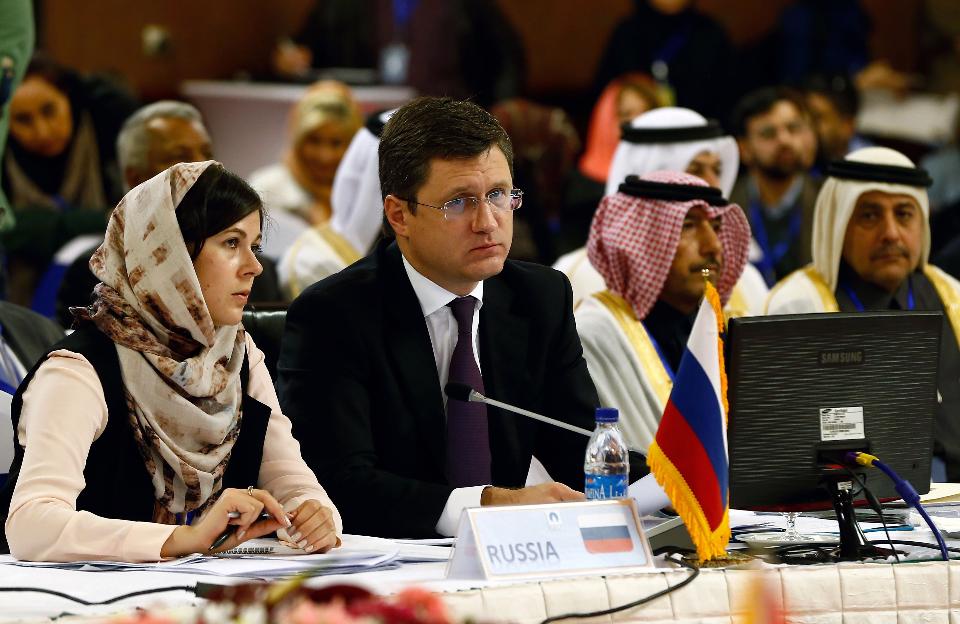Cairo – Russia announced on Thursday that it is aiming to keep its oil production at near-record levels despite a decision agreed by OPEC to modestly curb global oil output.
In comments on Thursday, Russian Energy Minister Alexander Novak signaled that his country intends to keep output at its current record levels.
Oil producers’ group OPEC agreed on Wednesday to limit its output to 32.5-33.0 million barrels per day (bpd) to support crude prices that have hurt commodity-dependent economies across the world.
The Russian energy minister said Russia was ready to consider proposals from OPEC for joint action on the oil market and would hold consultations with the group in October and November.
There are still some details which OPEC countries must work out, Novak said, adding that his country will “carefully consider those proposals which will be eventually drawn up.”
“But our position is keeping the volume of production at the level that has been reached. These are the main principles that were earlier being considered,” Novak noted.
Novak praised increased “flexibility” shown by Saudi Arabia, OPEC’s biggest producer, for making the agreement possible.
The Russian energy minister asserted that Russia hoped to maintain its current output levels rather than cut back production.
He added that Moscow will continue to work with OPEC, which is expected to seek cooperation from producers outside the cartel like Russia and Mexico once it finalizes the details of its own production agreement during next month’s meeting in Vienna.
Meanwhile, Iraq said it did not trust the oil-production numbers OPEC relies on to curb the global output.
Iraq’s Oil Minister Jabar Ali al-Luaibi said on Thursday that the new ceiling was no good for Baghdad as OPEC had underestimated Iraq’s production, which has soared in recent years.
